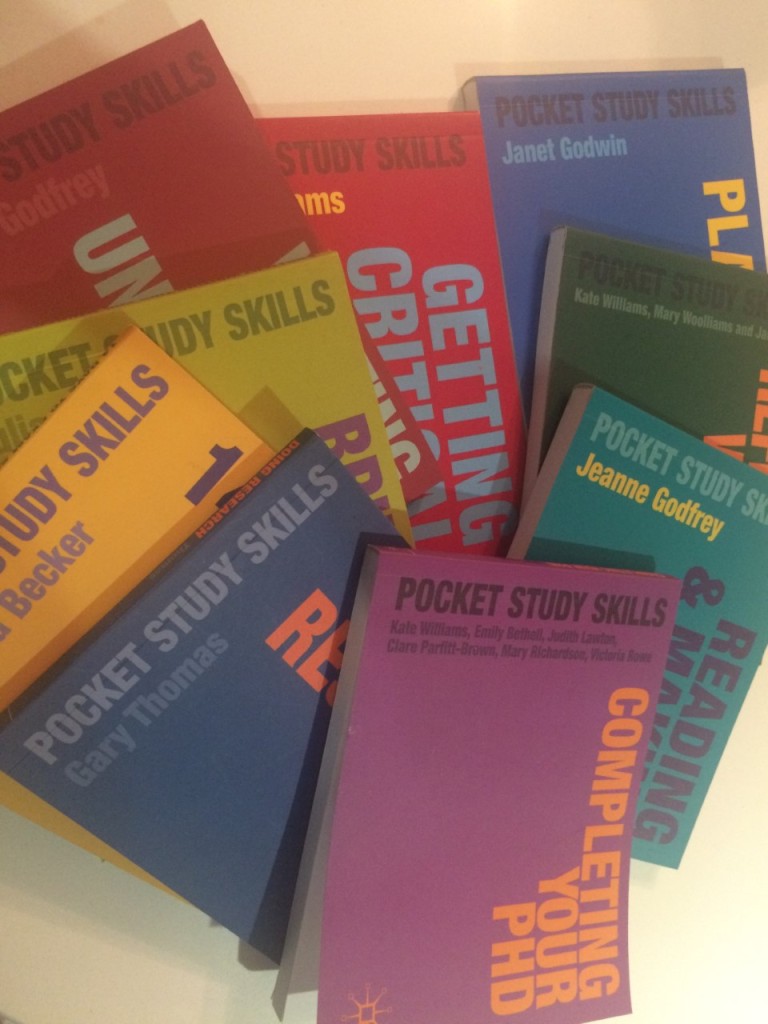
The only thing sweeter than attaining your doctorate is the academic success of your children – especially if they have grown up in the shadow of your higher education study.
Admit it, if you are a mother, there is always that nagging voice somewhere – yours or some critic – that says ‘intense focus and study at the expense of much of everything else in your life will be bad for your young children.’
Rubbish.
Low expectations, complacency and laziness are limiting. Constantly pushing your boundaries and challenging your comfort zone, on the other hand, teach children not to be limited in their aspirations while at the same time reinforcing that anything worth achieving takes hard work, and sacrifice.
If you are completing your doctorate and fretting about your children taking a back seat, don’t worry. The mum up late studying, turning down social invitations, spending holidays at the computer or university library may be absent from her children’s lives in some ways, but she is abundantly present in ways which matter in the long term.
I can tell you first hand that far from harm my children, my back to back MA and PhD while my two sons were young gave them the gift of knowing success demands:
Perseverance, commitment, focus, determination, time management, and deferred gratification.
I never volunteered to help out at their school, I refused to play the game of keeping up domestic appearances, and I rarely even went to school social events. You know what? I speak from experience here – I was raised by a mother who studied, and I have friends who completed their doctorates while their children were young. We are here to tell you the world will not end, nor will social structures collapse, if you do not help out at your child’s school or socialise with the other mothers.
The school, and your children, can do without your input. Leave that to the mothers with nothing else to do.
Sounds harsh, but let’s face it, volunteering at the school, when your time could be better spent elsewhere – like on your own work – is often a matter of ego. You want to feel wanted. Does the bake sale really need your input? Do the other mothers really need to be organised like a pact of sheep to socialise at some cafe to bond every term?
And yes, note I say ‘mothers’. Even in the 21st century, no father frets he isn’t spending time helping out at the school or having coffee mornings with the other dads.
I understand that my views don’t make me popular. But they do produce results.

The past 12 months in my household have been a demanding ones, with my eldest son completing his final year at school.And although it has been three years exactly since I graduated with my PhD, he still sees me work long into the night on my creative and academic writing, after a day of commercial writing in communications. He knows what it takes to achieve your goals.
And I have to say – he took note. We celebrated last month when his terrific exam results netted him a place in a prestigious university course and put him on track for the architecture career he aspires to.
Unlike many other teenagers, he wasn’t out at parties, he was at his desk. No pain – no gain. If there is one thing I have taught him over the years it is the success that comes from deferred gratification.
At his 18th birthday celebration, just before his last exams, he thanked me for being both supportive and a role model and showing me how it is done. It was so lovely to hear him say that, and I have been thinking since then how ‘doctoral mothers’ bring our particular focus to parenting.
As inevitably we do sessional teaching while studying, we are familiar with the university system, have friends who are also studying or working in universities, and are articulate advocates for our children as they navigate the next step in their education.
We are also networking, analysing, searching out information and generating new knowledge from our research. I am not the least surprised that the mothers I know who have pursued doctoral studies after an established career have all produced children who are similarly ambitious and engaged with their own learning.

My son is going to university next month open to the possibilities and privileges of tertiary education – having his mind expanded and horizons broadened. The divergent and convergent thinking that one acquires are fundamental to succeeding as knowledge workers in the 21st century, and he is ready for the journey.
Next blog post I will continue on this theme, exploring lifelong learning – are you ever ‘too old’ to study?
